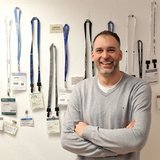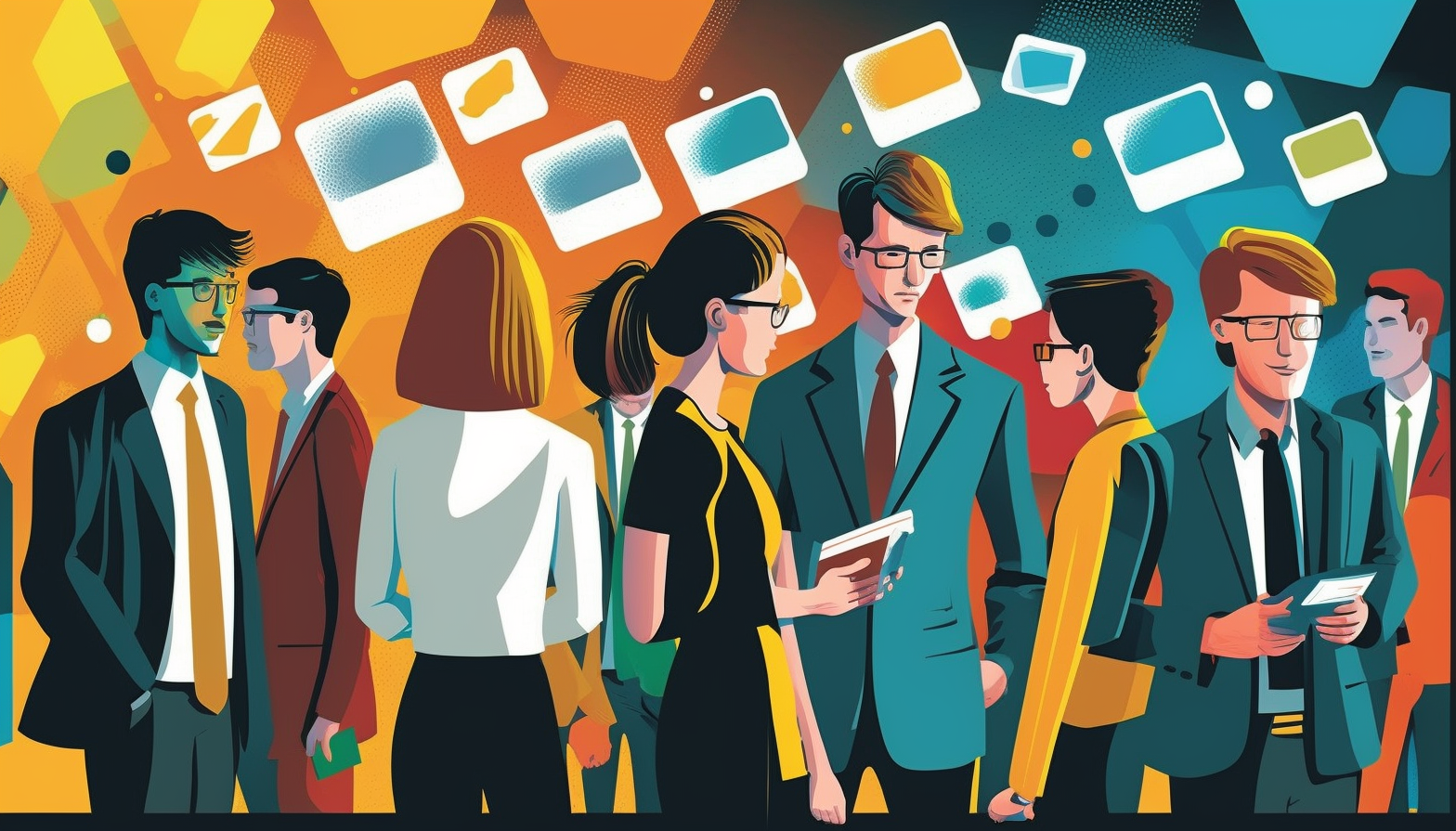by Elmar Laistler
Photo by: Elmar Laistler
Dear [YOU],
Thank you very much for submitting your abstract(s) for the Annual Meeting of the International Society of [YOUR FIELD].
The Program Planning Committee has carefully reviewed all submissions, and the accepted abstracts have been allocated to the most suitable presentation format.
We would like to wholeheartedly congratulate you on the acceptance of your abstract #0815, "A first glimpse at my PhD thesis – an exploratory study", which has been accepted as an Oral Presentation.
Exciting news! Your abstract has been accepted to that great conference the Postdocs and older PhD students in your group have talked about so much lately!
This article should help you anticipate what you will have to expect at a conference and provide some help in getting the most out of the meeting.
What happens at a scientific conference?
Scientific conferences will typically have a scientific program and an industry exhibition.
The scientific program is thematically structured in “sessions”, each of which comprises multiple presentations. In “oral session”, the presentations will be talks by different speakers, guided by one or more moderator(s). In “poster sessions”, authors will be asked to stand next to their paper poster or a computer monitor for digital posters to discuss with interested attendants during a given time slot. “Power pitch sessions” include short teaser talks followed by a poster session.
Other session formats which you will likely attend, but not present actively include plenary lectures, educational courses, or industry symposia. Except for very small conferences, multiple sessions are running in parallel at any given time.
The industry exhibition consists of stands of the relevant vendors related to the research field, where they present their newest products and services, which might give you a good impression on what type of developments make it from the lab to a real clinical (or research) application. Also, watch out for free giveaways ;-)
Due to the many options you have during a conference, you will inevitably be overwhelmed and miss the talks most interesting for you and your work if you appear without preparation.
Getting prepared
Talk to colleagues about past meetings they attended and get information about peculiarities of that conference from their experience.
Organize your trip. Talk to your supervisor to what extent they can finance your travel, accommodation, society membership and conference registration fee. Depending on the location and conference the total cost might be somewhere in the range of 500 – 2000€. Look for alternative funding and grants for young/first time participants to help save money in the project you are employed in. Often, the conference organizations themselves offer stipends for early career researchers. Once your finances are secured, register early – normally conferences offer reduced fees for early registration. Check the individual rules for booking of travel and accommodation with your supervisor and the administrative staff in your department. If allowed by their policies, sharing private apartments or even whole houses with colleagues also attending the conference can be a cheaper and more pleasant option than booking a regular hotel.
Prepare your schedule. It is highly advisable to put together an individual meeting schedule beforehand. The meeting program will become available online or in a dedicated conference app a couple of weeks before the conference. Take your time and browse through the sessions and talks, and put together your own itinerary. You can fill gaps between interesting sessions with free browsing of the posters or the industry exhibition.
Identify interesting people. Also, it might be a good idea to search for presentations of people that could be interesting for your work or for future collaborations. Include their presentations in your agenda to get a chance to meet them.
Prepare your presentation. In a related article, you will learn about giving a convincing presentation. Good preparation will make you feel more comfortable and your presentation a more interesting experience for your audience.

"There is so much new information coming in at a conference that I guarantee that you won’t be able to memorize it all. Choose the method most convenient for you – good old pen and paper or digital notes on your phone/tablet."
At the conference
Don’t be shy. A common mistake, especially among new conference goers, is to be too shy. Talk to other people! This is the rare opportunity to find people from all over the world who are actually working on the very same specific topic as you. Don’t feel intimidated by long track records, Professor titles, or shiny presentations – others put their pants on like everybody else, one leg at a time.
Have fun and socialize. A conference is a place to exchange ideas and build a network. Don’t forget that some of the most efficient networking happens after the conference gates close in the evening. Find your future boss, collaborators or friends from all over the world over dinner or a drink!
Take notes. There is so much new information coming in at a conference that I guarantee that you won’t be able to memorize it all. Choose the method most convenient for you – good old pen and paper or digital notes on your phone/tablet. Make photographs of posters or slides you find interesting.
Dress appropriately. What should I wear? That highly depends on your own preferences, but also on many other factors such as the scientific field (medical conferences are typically more formal than more technically oriented ones), whether you are presenting (dress nicer than usual) or not, your intentions (do you want to meet a future industrial employer or hang out with PhD colleagues from other sites?), or the location (Hawaiian shirts and shorts are perfectly acceptable in Honolulu but might get strange looks in Paris).
The aftermath
Do your individual follow-up. As soon as possible after returning home, go through your notes and photos. Sort out unnecessary information and identify the facts and ideas most interesting or relevant to you. Dig deeper, get more information online and in literature, and ask yourself if and how these findings could influence your own future work.
Follow-up with your team. Share your individual follow-up with your team and listen to everybody else’s. You will get some overlap, but often also complementary information.
… and now: work on your abstract for the next conference!
